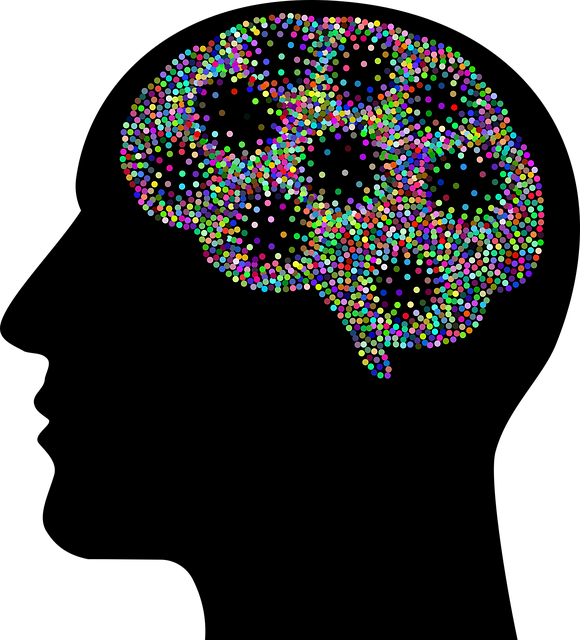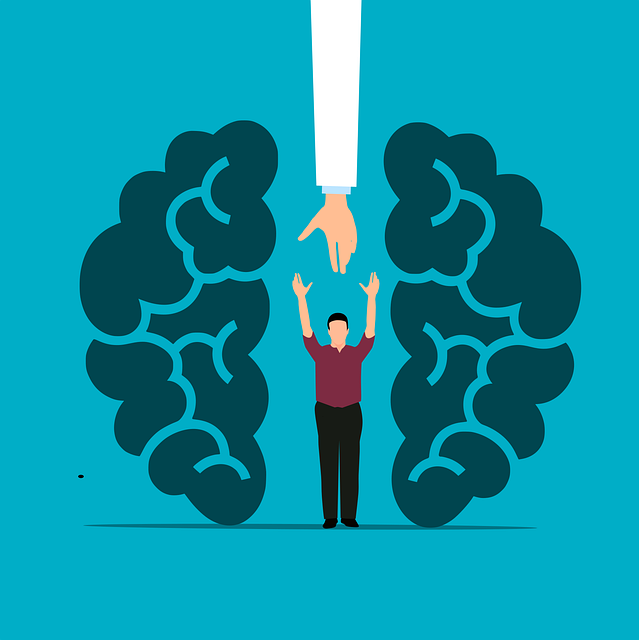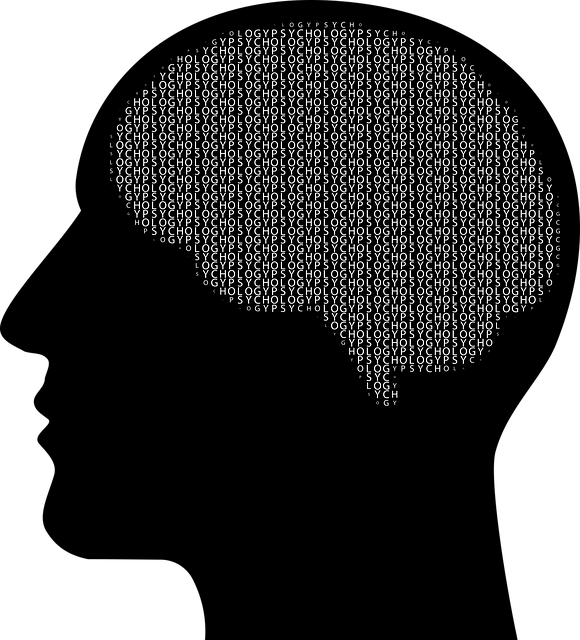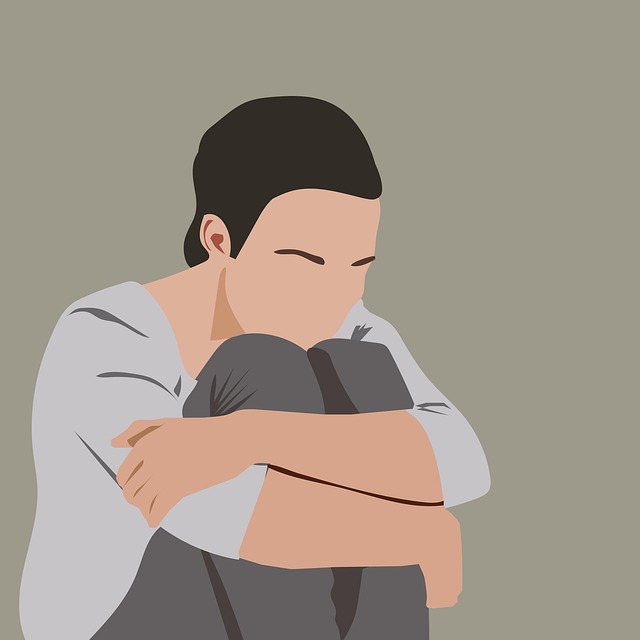Family psychotherapy is a holistic approach to mental health that focuses on improving familial dynamics and relationships. Through open communication, conflict resolution, and emotional understanding, this collaborative process strengthens bonds and empowers families with tools for healthier interactions. Using techniques like systems therapy and cognitive-behavioral therapy (CBT), therapists address specific issues while fostering empathy, resilience, and overall well-being. Access to online sessions and community support networks amplifies its benefits, making family psychotherapy a powerful tool in enhancing mental health and strengthening relationships.
Family psychotherapy, a holistic approach to mental health, focuses on improving communication and strengthening relationships within families. This article delves into various aspects of this therapeutic practice, including the roles of therapists, techniques used, benefits for individual growth and relationship bonding, and ethical considerations. We explore how family therapy integrates with other treatments and provide resources for accessing these crucial services, all aimed at enhancing mental well-being.
Understanding Family Psychotherapy: A Holistic Approach to Mental Health

Family psychotherapy takes a holistic approach to mental health, recognizing that individuals are not isolated but are deeply connected within their families and social contexts. Unlike traditional individual therapy, which focuses on personal experiences, family therapy emphasizes the interdynamic nature of relationships and how they influence an individual’s well-being. This collaborative process involves all family members, aiming to improve communication, resolve conflicts, and strengthen bonds.
By addressing patterns of behavior, emotional dynamics, and cultural influences within the family system, mental health psychotherapy facilitates positive changes. It encourages each member to express their needs, understand one another’s perspectives, and develop healthier ways of interacting. This integrated approach not only supports individual growth but also fosters a more harmonious and supportive family environment, ultimately enhancing overall mental health and well-being.
The Role of Therapists in Family Therapy Sessions

In family therapy sessions, therapists play a pivotal role in facilitating open communication and resolving conflicts among family members. They act as neutral mediators, creating a safe and supportive environment where each individual feels heard and respected. Therapists guide conversations, helping families navigate complex emotions and behaviors by offering insights and strategies tailored to their unique dynamics. Through active listening and empathy, they foster understanding and strengthen relationships.
The experts in mental health psychotherapy employ various techniques to address specific issues, such as improving parent-child communication, managing anger or stress within the family, or adapting to significant life changes. They may use structural approaches to restructure family interactions or narrative therapy to help members make sense of their shared history. Ultimately, therapists empower families with tools to enhance their mental well-being and cultivate healthier relationships.
Identifying Issues and Creating a Safe Space for Communication

Family psychotherapy begins with identifying issues within the dynamic interactions of family members. A trained psychotherapist facilitates open dialogue, creating a safe and non-judgmental space for each individual to share their thoughts and feelings. This process allows hidden conflicts or underlying problems to surface, providing an opportunity for deeper understanding and resolution.
By fostering effective communication, family therapy helps break down barriers and strengthens relationships. It teaches families healthy ways to express emotions, resolve conflicts, and support one another, ultimately enhancing overall mental health and well-being. This supportive environment encourages vulnerability, enabling family members to navigate challenging conversations with empathy and constructive engagement.
Techniques Used in Family Psychotherapy for Better Mental Well-being

Family psychotherapy employs a range of techniques tailored to address and improve the mental health of all family members. One common approach is systems therapy, which views the family as an interconnected system where each member influences one another. Therapists help families identify and understand these dynamics, fostering open communication and promoting healthier interactions. This process involves exploring patterns of behavior, resolving conflicts, and enhancing empathy among family members.
Another key technique is cognitive-behavioral therapy (CBT), which focuses on identifying and changing negative thought patterns and behaviors. In the context of family psychotherapy, CBT aids in managing mental health issues such as anxiety and depression by teaching families coping strategies and encouraging positive behavioral changes. By combining these evidence-based methods, therapists create a supportive environment, enabling each individual to contribute to collective mental well-being.
Benefits of Family Therapy for Individual Growth and Stronger Relationships

Family therapy offers a unique and powerful approach to enhancing mental health and strengthening relationships. By involving all family members in the therapeutic process, this form of psychotherapy creates a safe space for open communication and shared understanding. Each individual can express their feelings, concerns, and perspectives, fostering an environment that promotes personal growth and healing. This collaborative effort enables family members to navigate challenges together, building resilience and improving overall well-being.
One of the key benefits is the development of healthier relationships. Through structured sessions, families learn effective communication skills, conflict resolution strategies, and empathy for one another. These new abilities allow them to connect more deeply, foster trust, and support each other through life’s ups and downs. Family therapy empowers individuals to recognize and challenge unhealthy patterns, leading to improved mental health and a stronger, more nurturing family environment.
Challenges and Ethical Considerations in Family Psychotherapy Practices

Family psychotherapy, while offering a holistic approach to improving family dynamics and mental health psychotherapy, comes with its share of challenges and ethical considerations. One significant hurdle is maintaining confidentiality, especially when multiple family members are involved. Psychotherapists must navigate complex relationships and ensure that all parties’ privacy is respected while also fostering open communication. This delicate balance requires skilled practitioners who can create a safe and non-judgmental environment.
Another ethical dilemma arises from the potential power dynamics within families. Therapists must be vigilant to avoid exploiting these dynamics or inadvertently favoring certain family members. Equitable participation and ensuring that every voice is heard are essential to successful therapy. Additionally, therapists should be mindful of cultural differences and sensitivity, as family structures and norms vary across diverse communities, requiring tailored approaches for effective mental health psychotherapy.
Integrating Family Therapy with Other Forms of Treatment

Integrating family therapy into a comprehensive mental health treatment plan can be immensely beneficial, addressing the complex dynamics within families and fostering healthier relationships. This therapeutic approach recognizes that individuals are part of social units, and their emotional well-being is intrinsically linked to the well-being of their family system. By involving family members in the healing process, therapists can facilitate open communication, resolve conflicts, and promote understanding.
Family therapy often complements other forms of psychotherapy, such as individual counseling or cognitive behavioral therapy (CBT). It can help individuals apply coping strategies learned in individual sessions to their familial contexts, fostering a supportive environment that reinforces positive behaviors and emotional growth. This integration ensures a holistic approach to mental health care, treating the whole person within the context of their family relationships.
Accessing Family Psychotherapy: Resources and Support Systems

Accessing family psychotherapy can be a transformative step for families seeking to improve their communication, resolve conflicts, and enhance overall well-being. In today’s digital era, many professionals offer online therapy sessions, making it easier than ever to connect with therapists who specialize in mental health psychotherapy for families. These virtual platforms not only provide convenience but also ensure accessibility for those who may face barriers like geographical limitations or busy schedules.
Support systems play a crucial role in navigating the process of family psychotherapy. Local community centers, schools, and religious organizations often host workshops or referral programs that connect families with qualified therapists. Additionally, online communities and forums dedicated to mental health offer valuable resources, allowing individuals to share experiences, gain insights, and learn about available options. Remember that seeking help is a significant step towards fostering healthier relationships and improving family dynamics.
